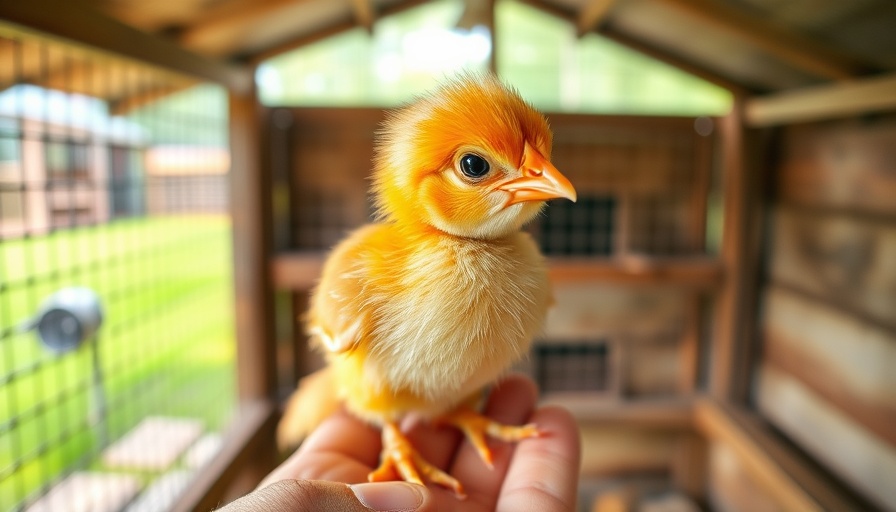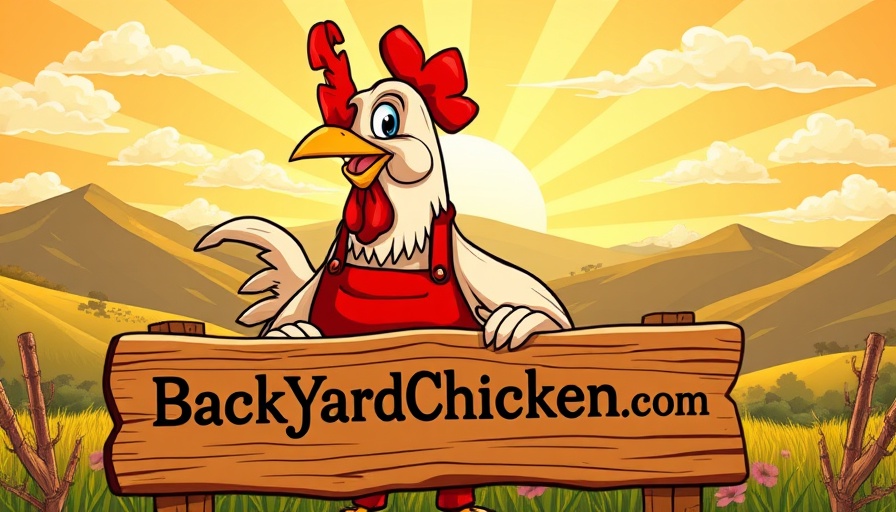
Understanding Rapid Growth in Chicks
The concern surrounding the rapid development of chicks sparks a vital discussion among poultry keepers. Increased growth rates can lead to several health issues, but they also raise questions about the potential consequences on overall well-being. One issue in this dynamic is the balance between optimal growth and health complications.
Health Implications of Rapid Development
Experts suggest that chicks developing too quickly may face challenges such as weakened bones and organ stress. Rapid growth can cause skeletal deformities, which can hinder mobility and lead to other health concerns. As avian veterinarian Dr. Emily Lawson notes, ensuring proper nutrition tailored to growth stages is essential. This balance can mitigate some of the risks associated with fast-tracking development.
Nutrition: The Key to Healthy Growth
Feeding protocols play a crucial role in managing growth rates. High-protein diets are sometimes recommended to promote muscle development, yet these can potentially exacerbate the strain on skeletal and other systems if not properly monitored. Alongside the protein content, ensuring a balanced intake of vitamins and minerals is crucial to support bone health and overall development.
Holistic Approaches to Managing Growth
Speaking to modern poultry management practices, many experts advocate for a holistic approach encompassing genetics, environment, and nutrition. Birds bred for certain fast-growth traits might require specific care to prevent health issues. Furthermore, temperature-controlled environments can significantly affect growth rates and stress responses. Poultry owners should remain vigilant and responsive to any signs of distress that may indicate underlying health issues.
Embracing Responsible Chick Rearing
Ultimately, the responsibility lies with every chicken keeper to ensure their flock thrives. Monitoring growth rates and adjusting care strategies based on individual health and behavior is essential. Making informed decisions around development can lead to healthier flocks and enhanced livestock welfare.
 Add Row
Add Row  Add
Add 




Write A Comment